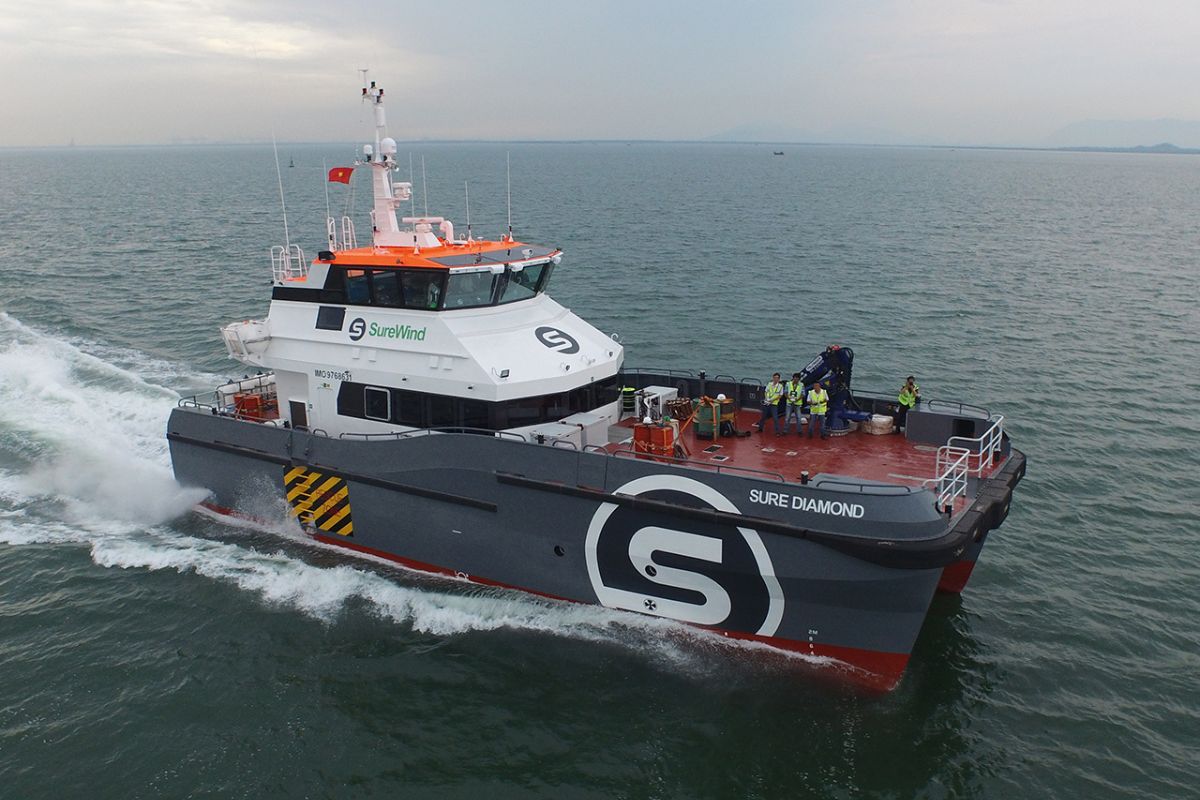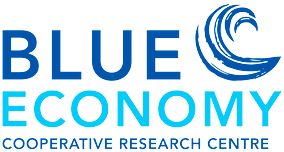
Code of Practice for Aquaculture Vessels
Online Workshop
Wednesday 10th January 2024
4pm – 5pm (AEDT)
Aquaculture is a globally recognised high-risk industry, attributed to harsh weather conditions and demanding tasks such as fish handling, delousing, and loading and unloading.
While fish farming facilities have traditionally been situated in sheltered or coastal areas, there is a growing shift towards more offshore( exposed) locations, exacerbating these challenges. Offshore aquaculture sites face severe sea states, necessitating stronger farming structures, mooring systems and vessels.
In response to this expanding domain, the importance of a unified ‘Code of Practice’ is evident. This code guides the design and operations of aquaculture vessels in dynamic environments by outlining best practices, safety protocols, and considerations.
We invite stakeholders to join our upcoming online workshop where we will explore the draft of the Code of Practice for Aquaculture Vessels.
The workshop will commence with a brief presentation outlining the current status of the code, followed by an interactive session where participants are encouraged to share their feedback on the draft. This collaborative discussion aims to further refine the code of practice and address any queries or suggestions from the participants.
Facilitated by:








